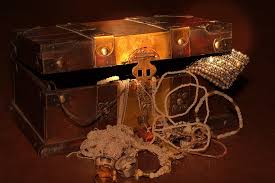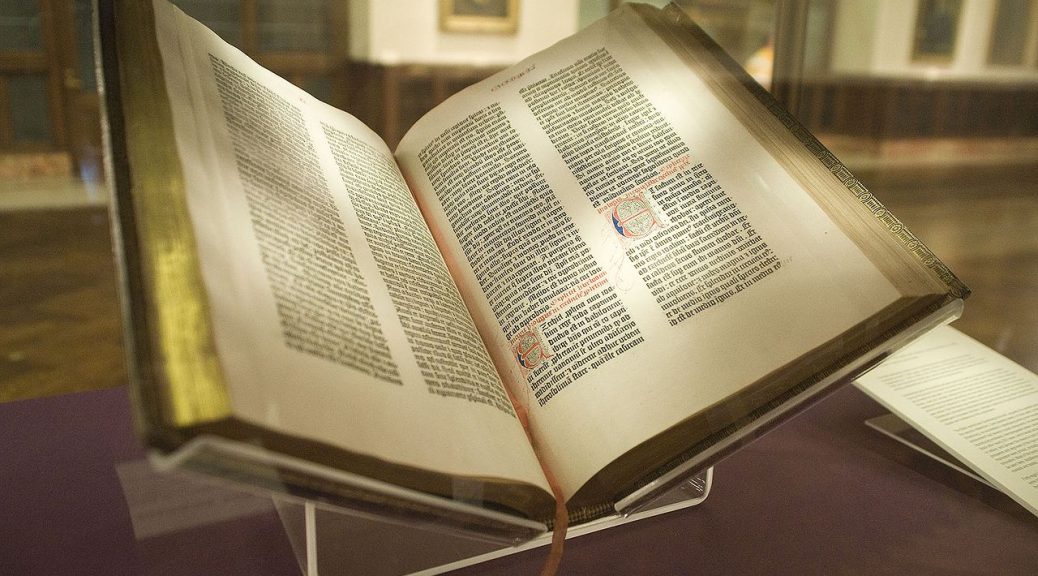A Sermon by the Rev. Dr. Arthur M. Suggs
Preached on the Fifth Sunday of Lent, March 18, 2018
Lift up Your Seat Cushion to Find the Cost for Cheap Seats and Expensive Seats.
Continuing this series — The Good Book — on what the Bible says about various topics, today it’s the Bible and Money.
(Previously, the series includes The Good Book (Part 1): Enlightening the Eyes (a.k.a. Bible 101). Then came a sermon on A Hard Conversation: The Use and Abuse of the Bible in Part II, the Bible and Women in Part III, the Bible and Homosexuality in Part IV, this one on the Bible and Money (part 5). Next up is Core Principles of the Bible, Part 6).
What’s Up With Money (Wealth, Poverty, Camels Getting Through Needle’s Eyes) in the Bible?
I have had the experiences of being both poor and rich — never desperately poor, and never filthy rich. But I have had those feelings of being both poor and rich. I thought about that as I had fun preparing for this day.
Churches have had a fascinating relationship with money.
For example, were you to lift up your pew cushion, you would find, at least on most of the pews, written in pencil on the wood beneath you, the suggested donation for the place where you are sitting.
The cost ranges from five cents for the cheap seats in the back up to a dollar-fifty for the expensive seats in the front. What you got for that dollar-fifty must have had people in the bargain area thinking that persons occupying the high-priced seats must have been really pious.
Speaking of suggested donations, our Jewish neighbors had been depending for years upon a scheme that involved guessing your income based upon your profession. Soon after that, the fund raisers would send you a bill for your annual donation to the synagogue according to that guess. Inherently, this was not a good idea!
Complaints finally forced the financial gurus to end that practice.
All of Y’All, Come on up! Oh God! I Screwed It up! And I Practiced All Week!

When I think about the Bible and money, my first thought, and probably yours as well, goes immediately to television preachers.
They are masterful at it; they have it down to a science. How to use the Bible to get money. Billy Graham, may he rest in peace, was hardly the worst offender, but he was fond of saying, “You never see a U-Haul behind a hearse. You can’t take it with you, so you might as well give it to us.”
If you remember the movie Oh God (1997), there’s a wonderful scene in which God (played by the cigar-smoking George Burns) sends his emissary (the Christ-like John Denver) to the TV evangelist, the Reverend Willie Williams (played by Paul Sorvino), to try to get the good reverend to stop deceiving people.
So John Denver shows up at a worship service, and Reverend Willie is really cookin’ at this point. He is preachin’ up a storm, and he is workin’ the crowd as the time for the offering is at hand. In the style of an altar call, Reverend Willie exhorts the crowd to “Come on up! Come on up! All of y’all, come on up! And put into God’s hands . . . .”
Oh God! I screwed it up! And I practiced all week! [Uproarious laughter.] I’m sorry. You can’t know how humiliating this is to . . . . All right. Okay.
“Come on up to put into our hands what you would put into God’s hands so that then the whole world will be in his hands.” At which point, the organ and the choir all kick into a rollicking hymn, “He’s got the whole world in his hands.”
It’s choreographed perfectly, and the money is just pouring in. It’s a great scene. I apologize for messing it up.
What Does the Bible Say About Money? 8 Positive Parables and 3 Prosperity Gospels.

There’s the story of Zacchaeus (Luke 19: 1-10). It’s a pretty awesome story, a redemptive story. He’s a chief tax collector, and he’s short and rich. Jesus had dinner with him, and then received a lot of criticism for doing so.
A sidebar: The reason Zacchaeus is rich is because of the Roman tax policy, which is based upon the kind of community and its size.
The Roman government would tell the tax collectors how much you must collect, and you’ve got the authority of the Roman government and military behind you to enforce this collection. Then they tell you how much to collect, and whatever you pull in above and beyond that, is yours. I don’t know anybody who can resist that kind of temptation.
Having dined with his host, Jesus apparently persuaded him to repent, we’re told, and so Zacchaeus offered fourfold resti tution to all whom he had overcharged. Beyond that, he gave half his estate to the poor.
Mark 10: 17-22. Here is the story of the Rich Young Man. This is the one we heard for the scripture text this morning. The story recounted where this guy said, “Good Teacher, what must I do to inherit eternal life?” They had a bit of a conversation, but then Jesus told him something way beyond what he told Zacchaeus. He said, “Go, sell what you own, and give the money to the poor, and you will have treasure in heaven.” And then we’re told upon hearing that, his coun-tenance fell, and the Rich Young Man went away sorrowful, for he had great possessions.

Mark 10: 25. The maxim of the camel and needle. We read that “It is easier for a camel to go through the eye of a needle than for someone who is rich to enter the kingdom of God.”
Another sidebar on this is that tradition has it that the eye of the needle is actually the smallest of the gates through the walled city of Jerusalem. It’s big enough to allow a grown person to walk through it. If you’re unusually tall, you’d probably have to stoop down.
But a camel? That’s tough. That would be a squeeze. A camel carrying stuff, saddlebags, possessions — no way.
Matthew 25: 14-30. The Parable of the Talents. This is where Jesus excoriates the man who hid his talent and didn’t invest it to collect interest. That story concludes with this verse. It’s one of the toughest verses. You don’t hear this one preached very often:
“For to all those who have, more will be given, and they will have an abundance; but from those who have nothing, even what they have will be taken away.”
Despite dozens of admonitions to serve, look out for, and help the poor. This passage is generally understood to mean that the rich will use their wealth and their power and their influence to become richer. And the poor, with their lack of wealth, power, and influence, will become poorer.
Additional stories from Jesus include: the parable of the Ten Pounds (Luke 19), the parable of the Dishonest Manager (Luke 16), and the parable of The Rich Man and Lazarus (also in Luke 16).
Matthew 6: 19-21 (the Sermon on the Mount). This is perhaps my favorite from Jesus:

“Do not store up for yourselves treasures on earth, where moth and rust consume and where thieves break in and steal; but store up for yourselves treasures in heaven, where neither moth nor rust consumes and where thieves do not break in and steal. For where your treasure is, there your heart will be also.”
To be fair, I need to mention a subset of all the things the Bible says about money, and trust me, it’s a lot.
That subset has to do with what is called the Prosperity Gospel, and here are three of the favorites:
I Chronicles 29. You have to dig deep to find this one. Riches and honor come from you, and you rule over all. If you have riches, they came from God.
Ecclesiastes 10. “Feasts are made for laughter, wine gladdens life, and money meets every need.” Really? That’s in the Bible? It reminds me of that country song, “There are only two things money can’t buy — true love and home-grown tomatos.”
Psalm 112. “Praise the Lord! Happy are those who fear the Lord, who greatly delight in his commandments.” “Wealth and riches are in their houses, and their righteousness “endures forever.”
You see what happens if you put some blinders on, and you start looking at this collection. There are probably 20-25 verses just like this, so I chose three good ones. You can’t help but make this connection between wealth and righteousness, wealth and virtue.
Well, let me think about this for a minute. If I don’t have wealth, that means God is sort of looking down on me. Maybe I’m not as good or as faithful as I probably should be. Maybe I need to give more. That’s what my church tells me to do and to be more righteous in that way.
Otherwise I’ll end up being poor and wondering where God is.
The whole gospel is sort of a mess that way. You see, the problem with the Prosperity Gospel is that it’s just not all true. Portions of it are, but not the whole thing.
If you add up all the time Jesus is speaking about money, it’s more than when he’s talking about prayer! It’s more than when he’s talking about faith! It’s more than when he’s talking about heaven and hell, all combined!
I’ll Share with You Three Thoughts about Money — the Best I’ve Got.
Find out what The Three Things About Money (and the Bible) are – read the rest of the sermon Money and the Bible:
Download or view the PDF version of The Good Book (Part 5): the Bible and Money.
Featured Image Credit: The Gutenberg Bible, 1455, Johann Gutenberg; Rare Books Division, the Lenox Library. Image by Kevin Eng, CC-PD Wikimedia.

